The transition from a childminder to pre-K is a big transition and it’s an important milestone for your child and for you. In fact, as a milestone, that’s important for the whole family because the transition for this is going to affect your child’s mood and their happiness.
Starting school is an exciting time and moving from a daycare or a childminder facility into a pre-K is going to take some time to get used to. For parents or carers, the transition is a time of uncertainty and anxiety, so there are mixed feelings that result in this transition. When faced with it, each child can react differently and it’s up to you as the parent to ensure that pre K readiness is considered before you let them go. There’s no real way of knowing how your child’s going to react to being in pre-K, but there are some simple things that you can do to prepare everybody in the family, including you, to get ready for starting school. Being proactive with your planning now can help you to support your child in developing school readiness skills that mean that on their first day, they feel confident and not blindsided. So here’s how you can prepare your child for pre-K.
- Get them as familiar as possible with the school environment. Most pre-K environments allow parents to come in and tour the environment before the first day.Primary school is not the same thing as pre-K, but you will find that your child will settle in easier if they know where they’re going. Make sure that you book a couple of tours with the school so that your child can tour the pre-K facility and experience some of the activities before they start their first day. This will give them something to look forward to. It’s going to help your child to feel more familiar and uncomfortable in that environment when they go on their first day, and it’s also going to help you to understand where your child will be interacting and spending all of their time.
- Work on developing their independence before pre-K begins. Helping your child to develop as much independence as possible, especially when it comes to self-care tasks, is a great way to get ready for school. You won’t be there at meal times, and if they have to bring their own lunch boxes, it will be helpful for them to know how to open them and close them by themselves. Packing the food into a lunch box where they don’t have to peel or unwrap can be very helpful, helping them remain independent around new friends. You can also help them to get their own school uniform or school clothes on and off, and if they have shoes with Velcro straps rather than laces, this can be more helpful to help them to feel confident when they are putting their shoes on after activities.
- Talk about caring for their own belongings. You might not think your young child going into pre-K will be able to understand how to cover their things, but they will if you discuss it. Helping them to learn how to recognise and read their own name, especially on their clothes, can help them to identify what is theirs and what isn’t. It’s important to let them do things for themselves and teach them some responsibility so that they feel more confident in their abilities. It will also help them to reduce any anxiety they may have about going to pre-K in the first place.
- Make school an exciting prospect. A child who is used to being with you all of the time is going to butt against the idea about going to school and leaving you behind. This is all to do with object permanence. Children believe that if they leave their parents, their parents won’t come back, but the fact that you’ll be there to collect them every day will help them to understand that you will always return. They should feel excited about their first day of school and if you talk about all of the fun things that they’re going to learn, it will help them to instill that love of learning and excitement about being with their friends. It’s never easy for either a child or a parent to be crying at the front gate, so the more you get them ready and excited, the more excited you will feel too.
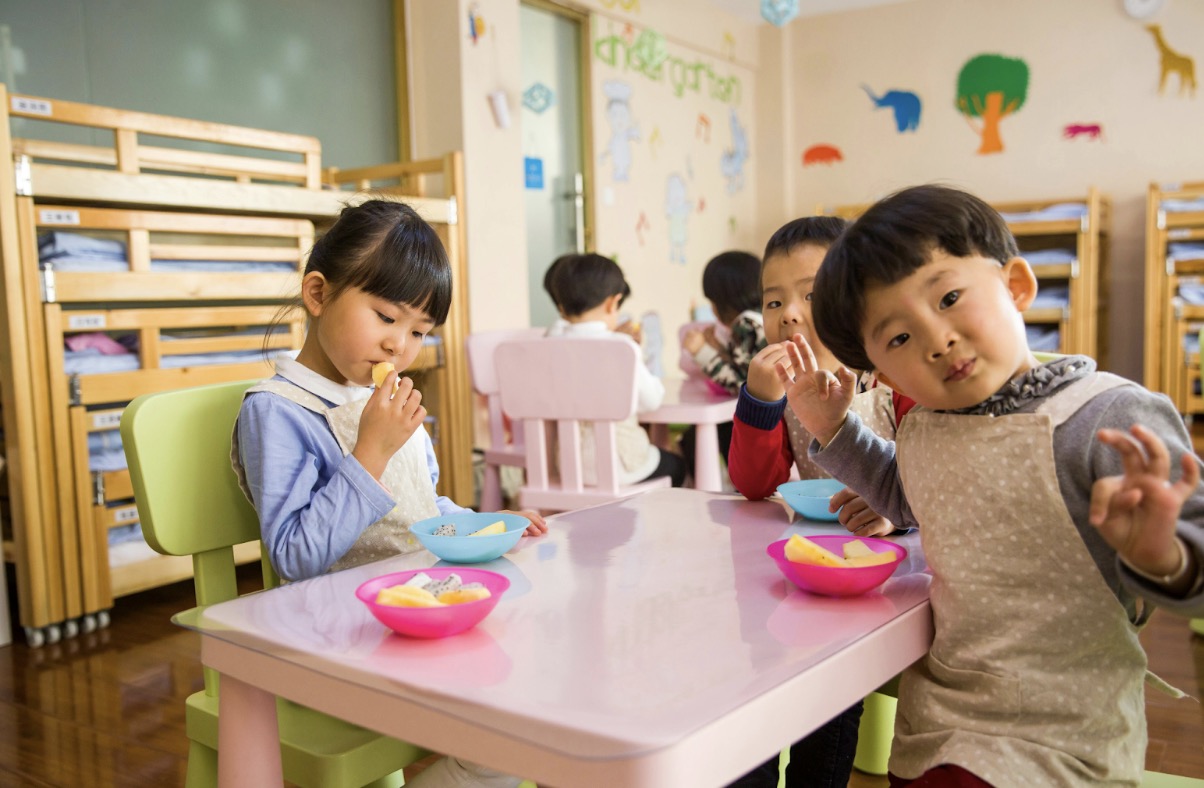
- Work on establishing a new routine. Before they go to pre-K, it’s important that you implement a bedtime and a wake up time. Children need to get used to waking up at a certain time of day so that they can have breakfast and get ready for the day. So if you start getting into those routines nice and early when it comes to starting school, it won’t feel like a shock.You can start your routine by waking up, having breakfast and brushing teeth and then getting into their clothes for the day. If their pre-K comes with the school uniform, you can choose for them to help get into their school uniform at home before you go. This will ensure readiness and excitement about going.
Use social stories to discuss their emotions. There’s going to be a lot of emotions involved in starting school and moving to a new setting, so you can use social stories to help. The first few weeks of pre-K are going to be very exciting, but you’re going to find your child is tired and often fractious because of the day. They’re going to hold all of their emotions in when they are at school and let them go when they see you because you are their safe space. If your child feels more angry or exhausted after school and they are displaying tantrum behaviors. Please don’t think that preschool was a bad idea. It just means that they have learnt to reign in their emotions and they are managing their emotions so well at school that they need a space to let them all go. You are that space.

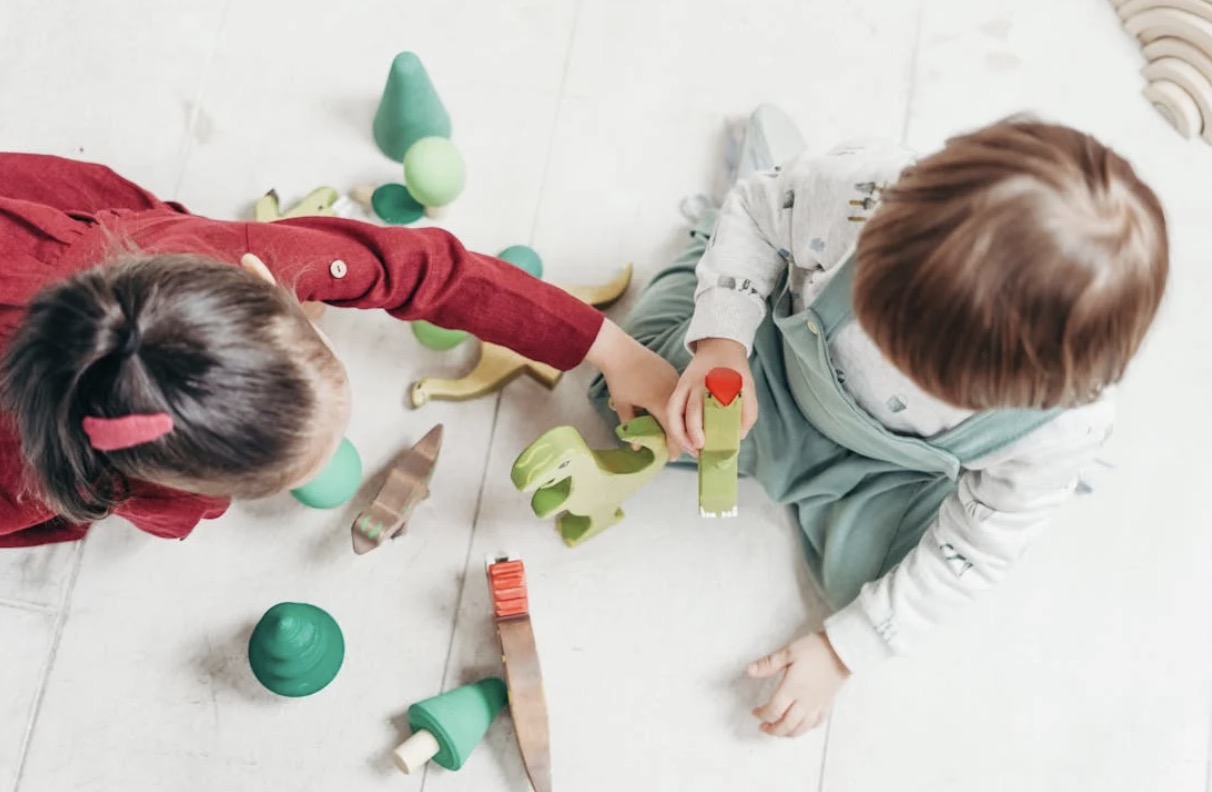

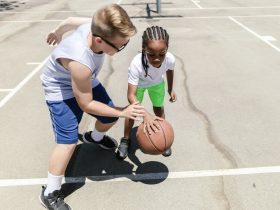
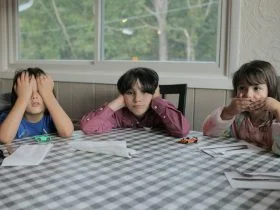

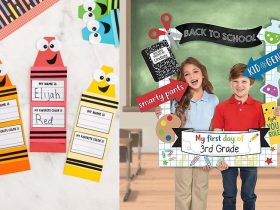
Leave a Reply
View Comments